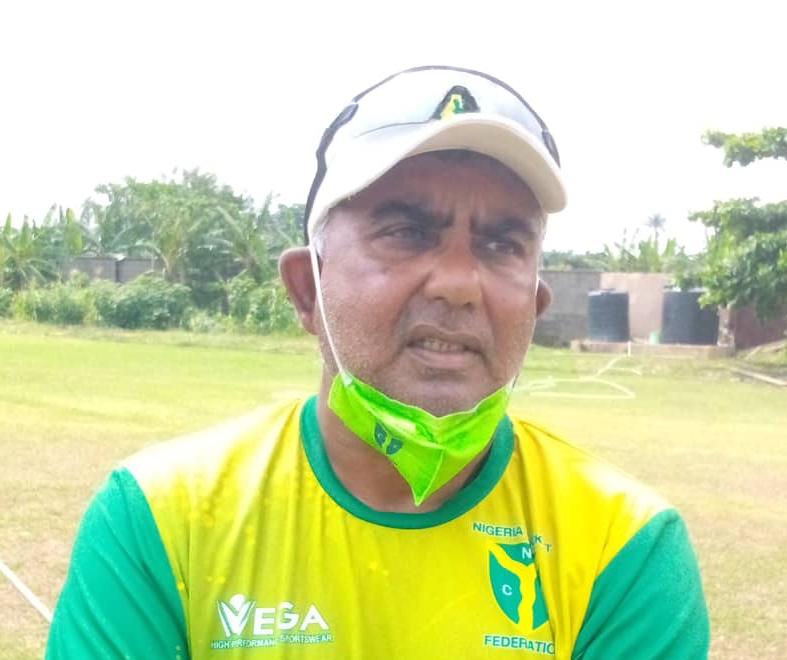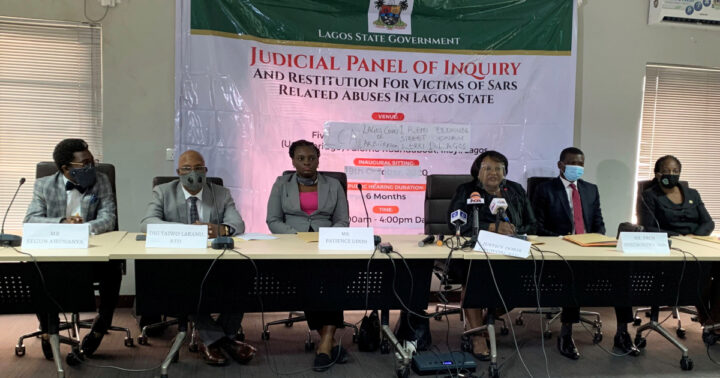Back in the days when Roman legions marched across the earth and imposed the will of the emperor on one and all, a concept emerged, first mooted by the prolific consul, Cicero. The concept was simple, “Civis Romanus sum” — “I am a Roman citizen”.
Permit me to tell five stories, four happy, and one depressing.
Cicero’s idea was played upon by the Christian apostle, Paul, a century after Cicero died. Having arrived in Jerusalem to settle a little brouhaha with the senior apostle James, who was effectively the head of the fledgeling Christian church in Jerusalem, Paul was mobbed by a crowd for preaching. However, the Roman garrison intervened to stop the burgeoning riot. Unlike Jesus Christ himself two decades earlier, Paul was able to speak in Greek to the commander of the garrison and introduce himself as a Jew born in Tarsus, but crucially, end his statement with the words, “Civis Romanus sum”.
While the garrison commander had purchased his citizenship, Paul, was a birthright citizen of Rome, and as a result, if that crowd had killed him that day, the Roman garrison in Jerusalem would have been obliged to kill a few of them in return. Paul had a right to get his case heard by no less a person than the Emperor. He would eventually stand trial before Emperor Nero.
Advertisement
A few millennia later, Rome was no longer in charge of the earth, it was an island, Great Britain, that now ruled the waves. In 1847, a Jewish man, David Pacifico, was attacked by an anti-Semitic mob in Athens, Greece. The police did nothing and instead arrested the victim. But Pacifico had an ace in the hole. He wrote to Edmund Lyons, the British envoy to Greece, and crucially in his letter, inserted the claim, with evidence, that he was a British citizen. That fact, swung the British into action, and it no longer mattered if Pacifico had offended local Greek customs leading to the attack, what mattered was that he was British, and Lord Palmerston, the British foreign secretary at the time, sent a demand to the Greeks asking compensation for Pacifico. The sum demanded was more than the value of the Greek Royal Palace, and the Greeks replied that this was a judicial affair, and that separation of powers would not permit them to intervene.
Two years passed, and there was still no compensation for Pacifico, so Palmerston instructed the Royal Navy to blockade the port of Athens. The blockade lasted two months, and in the end, a humiliated Greece agreed to compensate Pacifico to the tune of £500, a prince’s ransom in those days. In sending the Royal Navy to punish the Greeks, Palmerston quoted Cicero’s “Civis Romanus sum”, and paraphrased it with “An injury to one is an injury to all,” setting the tone for the passport system in use in international relations till this day. When a British (or insert serious country here) passport holder is detained in another country, it matters what not he has done, the diplomats of his home country are duty-bound to defend his interests. If he is convicted and sent to prison, a diplomatic official is sure to take on the role of visiting him in prison, on a regular basis, until he is set free.
This morning, November 15, 2021, it was reported that Danny Fenster, an American journalist and chief editor of Frontier Myanmar, an independent news outlet based in Myanmar has been released. On Friday, November 12, he had been sentenced to no less than 10 years in prison by Myanmar’s military government for crimes it listed as “casting the image of the military in a bad light”. There’s no gainsaying the fact that he was arrested and jailed to be used as a pawn in hostage diplomacy between Myanmar and the United States, as the US had hitherto placed sanctions on the former over its February 1, 2021, coup.
Advertisement
Two years ago, after nearly a month in a Swedish jail, American rapper A$AP Rocky was released. A Swedish court ruled that Rocky—real name Rakim Mayers—and two other suspects in an assault charge were free from detention and welcome to leave the country, pending a verdict set to be announced on August 14, 2019. Rocky had been in custody since early July of that year for allegedly assaulting a 19-year-old Stockholm man, Mustafa Jafari, on June 30, 2019. The incarceration led to an outcry from major names in the music and political scene alike and was briefly co-opted by President Donald Trump, who tried to sway Swedish prime minister Stefan Löfven to let Rocky out on bail.
These stories are important, not because they tell stories of governmental bravado, but for their need in stark contrast to how much we have failed our people over here, in Nigeria.
This morning, TwitterNG was awash with news about the death of Itunu Babalola who died in an Ivoirian prison after being wrongfully convicted of human trafficking. When the journalist David Hundeyin broke the story in March, the reaction was muted, and he got the assurance that the Nigerian government was on top of the situation, despite an unnamed official at the Nigerian embassy in Abidjan requesting for about ₦2 million to pursue the case.
At the core of this, is a problem of leadership. But before that, Itunu’s sad death calls into question the value of Nigerian life. The Nigerian state has a duty, an obligation, to provide protection and services for all Nigerian passport holders outside of Nigeria, even those accused of murder. But how can they, when they don’t even give a damn about those at home?
Advertisement
Daily, news about abductions of entire communities makes the news, with ransom demands going from the sublime to the ridiculous–from hundreds of millions to mere bags of rice or whatever cooked food the kidnappers demand. Clearly, a government that has not found the answer to its mushrooming security crises at home cannot be expected to show leadership to its citizens held abroad. It is also worth stating that leadership from just one individual could have mattered so much as to avoid this sorry case.
In 2014, then foreign minister, Viola Onwuliri, summoned the Egyptian high commissioner on behalf of a young Nigerian who had been mistreated by Egypt Air officials. The Nigerian authorities had sought an explanation from the airline on reports that the Nigerian passport of the 17-year-old Nigerian was torn to shreds by a staff of Egypt Air in Istanbul, Turkey. She berated the ambassador after accusing Egypt Air of “child abuse” for starving the young Nigerian (Joshua Abdulazeez) of food for three days, after wrongly routing his air ticket. In her words, “You (the ambassador) are worried about four pages of a newspaper report on the issue, but I am surprised that you are not worried that a Nigerian passport was torn by an official of Egypt Air. I am surprised that you are not worried that a young boy, a Nigerian citizen, was left without food and water by an airline operated by your government”.
The most important part of her speech which demonstrated leadership and responsibility was when she said: “One Nigerian citizen is important to us and part of our multi-track diplomacy is that every Nigeria everywhere must be fully accounted for”.
Leadership has to go beyond policy statements to actual demonstration of will. And the glaring lack of that will has exposed Nigeria to the elements. And it is simply hinged on the fact that Nigeria does not care. Or, how else does one begin to explain several sovereign territorial breaches of Nigeria’s territory by its neighbours without response by the government? Yewa LGAs in Ogun state is a border area with Benin. There have been several reported encroachments by Beninoise soldiers who are claiming the area. The lack of Nigerian response emboldened them to kidnap Kunle Garb, an activist who has been pushing against the land grab in June. It took a sustained media campaign by the Ogun state government to get the federal government to act.
Advertisement
What Itunu’s and Kunle’s cases demonstrate is the reality of many Nigerian nationals in Cape Verde, Malaysia, India, South Africa, Indonesia and several other countries with acute Nigeriaphobia. But equally sad is the fact that Nigeria has time and time again failed its citizens. The fact that heads will not roll in light of these incidents is another collective check on the conscience of the government.
Itunu Babalola was just 21. And Nigeria already happened to her. God rest the dead.
Advertisement
Nwanze is a partner at SBM Intelligence
Advertisement
Views expressed by contributors are strictly personal and not of TheCable.
Add a comment







